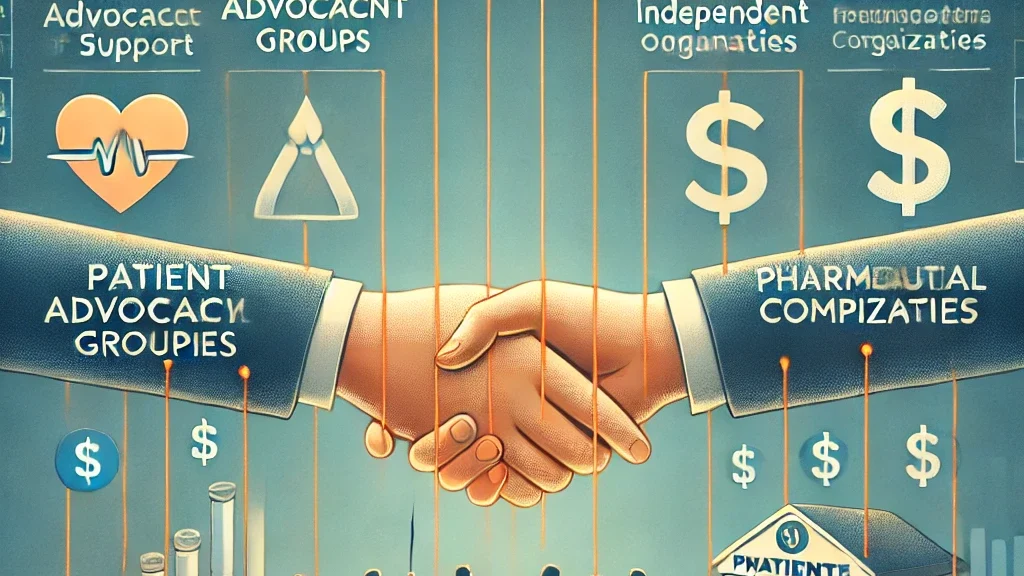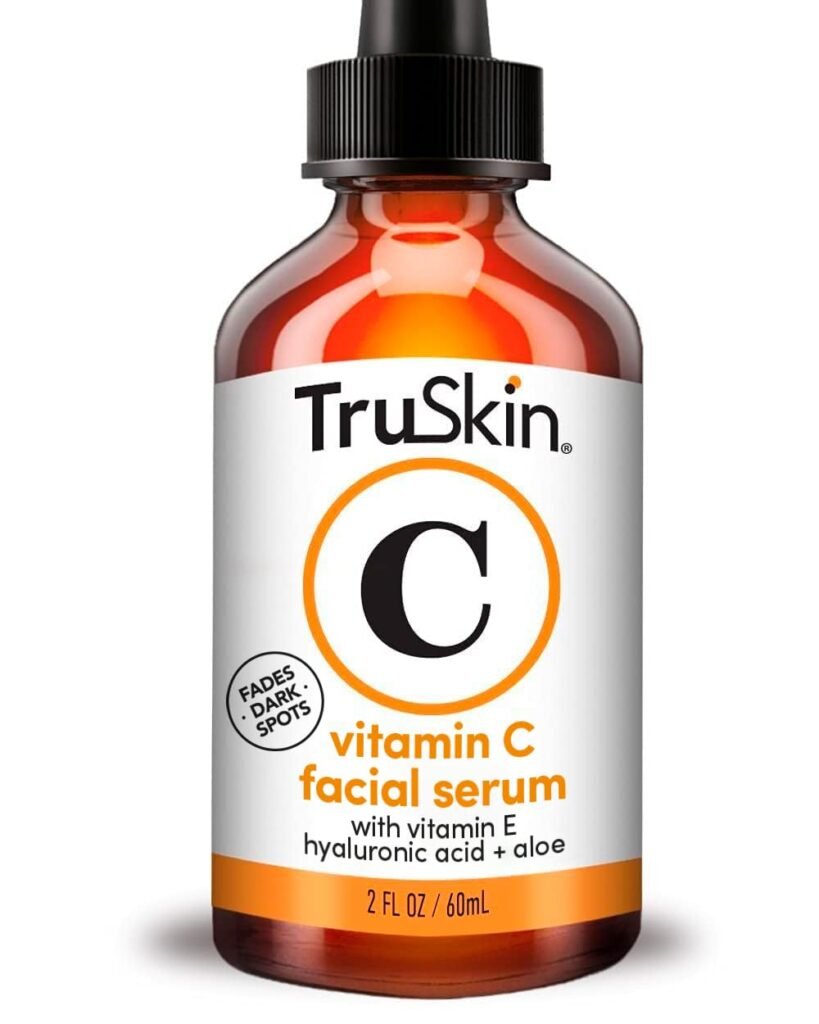Patient organizations and charities play a critical role in supporting individuals with specific health conditions, raising awareness, and influencing health policies. However, a new study by the University of Bath highlights a pressing issue: the risk of these organizations aligning their interests with corporate funders, particularly drug companies, potentially at the expense of their members. This article explores the challenges, conflicts, and proposed solutions to safeguard the independence of patient groups.
The Growing Dependence on Drug Company Funding
A Global Trend
Across Europe and the US, patient organizations increasingly rely on pharmaceutical companies for financial support. In Europe, this reliance is exacerbated by declining government funding and broader budget cuts in the health sector.
The Polish Context
The study, led by Dr. Piotr Ozieranski from the University of Bath, examines the funding dynamics in Poland. It compares the country’s model to those in Western Europe and North America, offering insights into the financial relationships between drug companies and patient groups in Central Europe.
Why Independence Matters
The Role of Patient Organizations
Patient organizations act as advocates for individuals dealing with specific diseases. They provide crucial support, educate the public, and influence health policy decisions. Their legitimacy stems from their perceived independence and their dedication to representing members’ interests.
The Influence of Pharmaceutical Companies
Pharmaceutical companies are eager to fund patient organizations, often presenting their support as altruistic. However, as Dr. Ozieranski points out, this funding comes with strings attached. These companies produce drugs for the very patients served by these organizations, creating a potential conflict of interest.
The Hidden Conflict of Interest
Subtle Ties Over Time
The study highlights that pharmaceutical companies often adopt a long-term strategy in their relationships with patient groups. While their initial involvement may appear neutral, deeper ties develop over time through joint projects, shared events, and collaborative advocacy efforts.
Shaping Organizational Agendas
As these relationships evolve, patient organizations may unintentionally prioritize the interests of their funders. This can divert them from their core mission of serving patients, caregivers, and families, whose needs may not align with corporate objectives.
Case Study: Poland’s Experience
A Window into Central Europe
The study, conducted in collaboration with Lund University (Sweden) and Kozminski University (Poland), offers a detailed analysis of financial ties in Poland, the largest country in Central Europe. It reveals how pharmaceutical funding influences patient organizations and underscores the need for greater transparency and regulation.
Proposed Strategies for Safeguarding Independence
1. Establish a Central Funding Pool
Creating a shared pool of funding, supported by multiple companies, can prevent overreliance on a single donor. This fund should be managed by an independent body to evaluate and approve proposals, ensuring impartiality.
2. Leverage Taxpayer Contributions
Poland offers a promising model where taxpayers can allocate 1.5% of their income tax to registered “public benefit organizations.” These organizations must adhere to transparency requirements, providing a sustainable and accountable funding source.
3. Explore Alternative Funding Sources
Reducing dependence on pharmaceutical funding is challenging but possible. Patient organizations can seek support from government grants, philanthropic contributions, or membership fees. Gradually transitioning away from industry funding for non-essential activities is a step in the right direction.
The Need for Comprehensive Transparency
Centralized Disclosure Databases
A significant concern is the lack of a centralized system for tracking drug company payments to patient groups. As noted by Dr. Marta Makowska, countries should mandate the creation of state-run databases to record all payments to patient organizations, doctors, and hospitals.
Current Challenges
Currently, researchers and the public face obstacles in accessing accurate data. For example, the Bath-led study required manually compiling over 200 separate disclosure reports from drug companies, a process that should be handled by regulatory bodies.
International Implications
Widespread Transparency Gaps
The challenges identified in Poland are not unique. Similar issues are prevalent across Europe and North America, indicating a global need for robust safeguards to ensure the independence of patient organizations.
Improved Practices
Adopting centralized, transparent reporting systems and fostering diverse funding sources can help maintain the integrity of patient organizations worldwide.
FAQs
1. Why is independence important for patient organizations?
Independence ensures that patient organizations can prioritize their members’ needs without undue influence from corporate interests, preserving their credibility and advocacy power.
2. How does pharmaceutical funding affect patient organizations?
Over time, pharmaceutical funding can lead to closer ties between companies and patient groups, potentially shifting the organization’s focus to align with corporate interests.
3. What are the proposed solutions to reduce dependence on drug companies?
Key strategies include creating a central funding pool, encouraging taxpayer contributions, and seeking alternative funding sources like government grants and philanthropic support.
4. What role does transparency play in safeguarding independence?
Transparency ensures accountability by providing clear records of financial ties between drug companies and patient organizations, helping to prevent conflicts of interest.
5. Can patient organizations operate without any pharmaceutical funding?
While complete independence may not be feasible for all groups, reducing reliance on drug company funding and diversifying income sources is achievable and beneficial.
Please don’t forget to leave a review.


